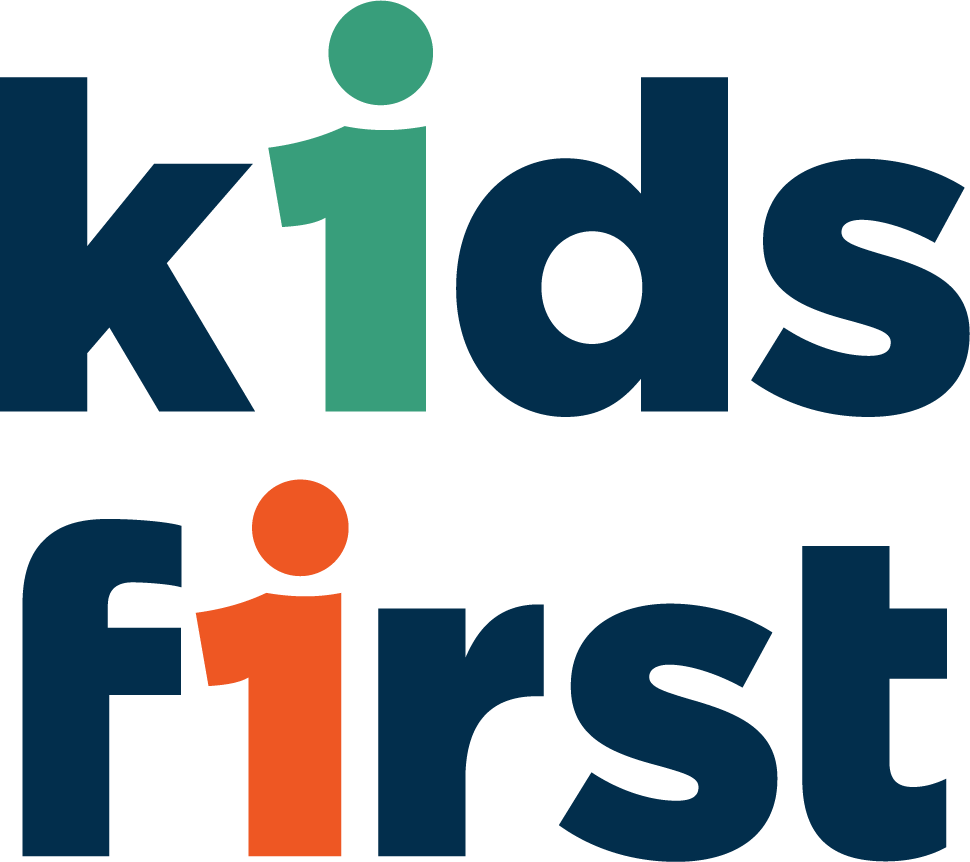Required Training for Foster Parents in Texas
What does it take to become a foster parent? If you have been wondering about this and want to learn more about the training required, keep reading as we explain. There are minimum standards established by Texas Health and Human Services, which Kids First and all foster agencies must follow.
Orientation
The first step is to attend an orientation, which is currently being held online, to learn about the services that Kids First provides, as well as information about the children who come into care and what the foster parent role entails. If you are ready to proceed at that point, you can fill out the application on our website. The application gathers information about you, such as who lives in your home, your military status, your employment history, and several other items that allows Kids First to determine if you and your home are a good foster parent fit. Once the application, background check, and fingerprinting are submitted, pending approval, we will contact you to schedule an interview and get you set up for training.
Training
Required Training for Foster Parents in Texas - Kids First - Fort Worth
This part of the process is referred to as “pre-service,” and is required to become a foster parent or Kinship Care parent, as well as to maintain licensing.You will be given a list of required courses once you get to the training stage. Here are just a few examples of the courses you’ll be required to take:
Psychotropic Medication
Medical Consent
Normalcy
Reporting Sexual Abuse
Online courses are being offered until further notice, to current or potential foster parents, at no cost. You can see a full list of our upcoming training sessions on our event calendar.These courses are designed to prepare you for foster parenting. Children who enter the foster care system have likely been subjected to some form of trauma, neglect, or abuse. The required courses, will teach you how to deal with situations in which a child may have an outburst of anger, as well as how to identify when a child requires therapy or additional support by their behaviors. You will receive a certificate of completion once you have finished each course. Some courses must be recertified on an annual basis, while others are valid for two years or more.
CPR Certification
This training also requires CPR certification. CPR teaches you how to recognize and respond to cardiac emergencies in children and babies, as well as how to give breaths and sustain life until help arrives. It may seem frightening but being prepared in case a child chokes on a toy or his lunch will provide you with peace of mind in the long run.The class includes a presentation as well as hands-on experience with a training mannequin. There is a small fee associated with this specialized training session. Again, check our events calendar for upcoming CPR training.
Ready to Start?
If you are interested, or would like more information, contact us at Kids First. We would love to meet you.


